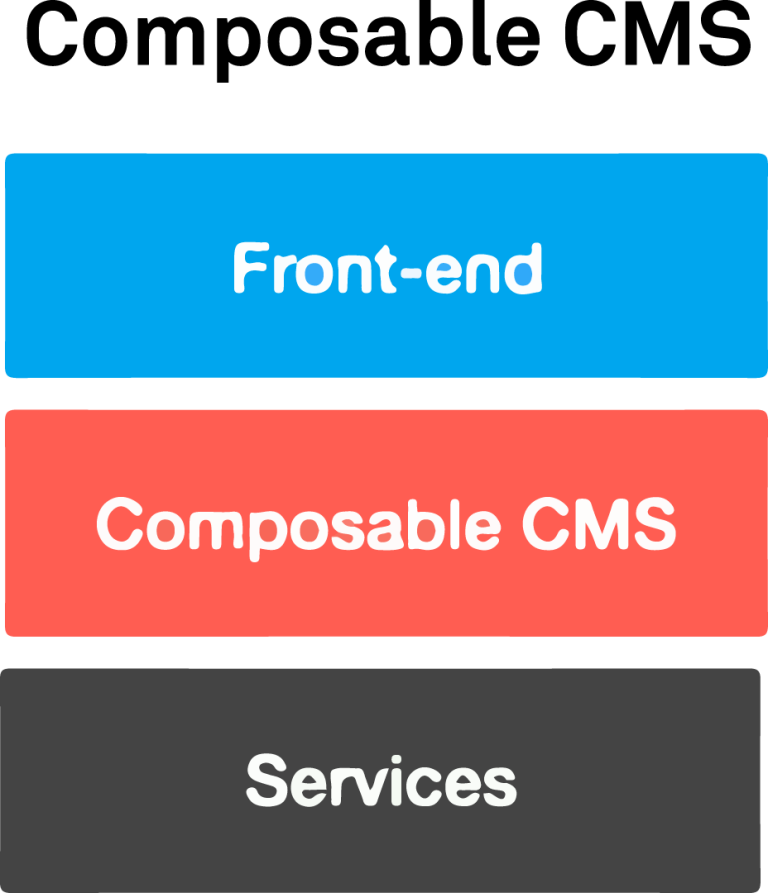
How to convince your developers to change CMS
Convince your developers to change CMS with these benefits that are guaranteed to send your team weak at the knees.
Written by Vegard Ottervig on
Flexibility, efficiency, better content creation: these are just some of the benefits of a new CMS that are bound to get your digital team excited.
But what about your developers?
While preaching about easier collaboration and seamless editing might not be enough to convince them to change CMS, talking about front-end frameworks and open standards will definitely push the right buttons.
Developers care about …
Modern tech – by combining a lightweight headless CMS and their favourite front-end framework—like the modern Next.js which can offer server-side JavaScript—developers can get going and develop services and solutions fast.
Community and help – an active community is always a benefit for developers, as it allows them to troubleshoot problems and learn from others.
Open source – a modern CMS that’s built on open standards makes it both more predictable and easier for developers to adjust your system to changing requirements and future trends without any fuss.
Fast and easy to learn – who doesn’t like an easy life? Your developers will definitely be tempted by a super intuitive CMS based on e.g. JavaScript.
Innovation – maintaining an old CMS is a huge drain on time and resources. In contrast, a new system allows for innovation – something that the best developers always get excited about.
Building great solutions – like the rest of us, developers want to build something they’re proud of. A new CMS offers the opportunity to create something that really matters rather than spending time patching up an old system.
That their solutions are actually used – whereas an old CMS might be off-limits for the less tech-savvy team members, a new, modern, and user-friendly CMS will be used by everyone. That means the developer's efforts will help improve the working lives of a whole organization.
Collaborate with smart people – collaboration is at the heart of innovation, and your developers will get to do tons of it with a new CMS that sport features like e.g. issues management, real-time collaborations, and so on.
Time and freedom to experiment – an open and flexible architecture gives your developers the opportunity to play around with new ideas and create a system that fits your organization like a glove.
Using their own preferred development environment – for a developer, there are few things as frustrating as working with completely new hardware and software, making a more flexible CMS an irresistible prospect.
What gets them really excited about a CMS ...
Not having to support the non-technical users – developers are busy enough as it is without having to be on-hand for IT support. A new CMS that allows for independent content editing is an offer they can’t refuse.
Freedom to choose templating frameworks – pluggable templating lets your developers use their favourite template engines, like Freemarker, Mustache and Thymeleaf.
Freedom to use any front-end framework – a CMS that lets your developers use their favourite front-end framework, whether that’s Next.js, Nuxt, SvelteKit, React, Angular or Vue, is a guaranteed winner.
It is composable – don't let the CMS become just another API among all the others, let it be the central orchestrator of all APIs and integrations—thus saving the developers a lot of headaches.
Time is the clincher ...
Developers have enough on their plate without the hassle of deploying a new CMS.
Or so they think.
If you introduce them to a CMS that is not only fast, intuitive, and flexible (thanks to adaptable front-end frameworks and server-side JavaScript), but also easy to use for a non-technical team, then there’s no way your developers can dig their heels in.
Read more: Why we are building our new website with Next.js and headless CMS »
Avoid these at all costs
Before you begin preaching to your development team, it’s worth bearing in mind what they don’t like to hear (bring these up in conversation at your own peril):
Being told what to do – tell them your goals. Don’t tell them how to get there.
A rigid CMS – an unflexible CMS is like kryptonite for developers. It slows down their work, stifles innovation, and is a constant source of pain.
Being asked to troubleshoot – any solution that requires even more troubleshooting is bad news for an already busy team.
First published 30 July 2019, updated 10 November 2022.


